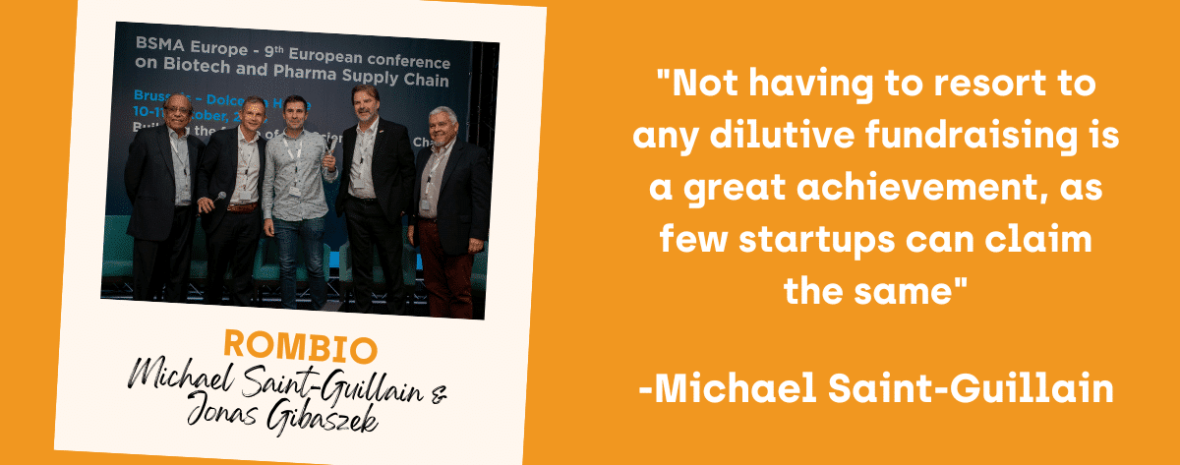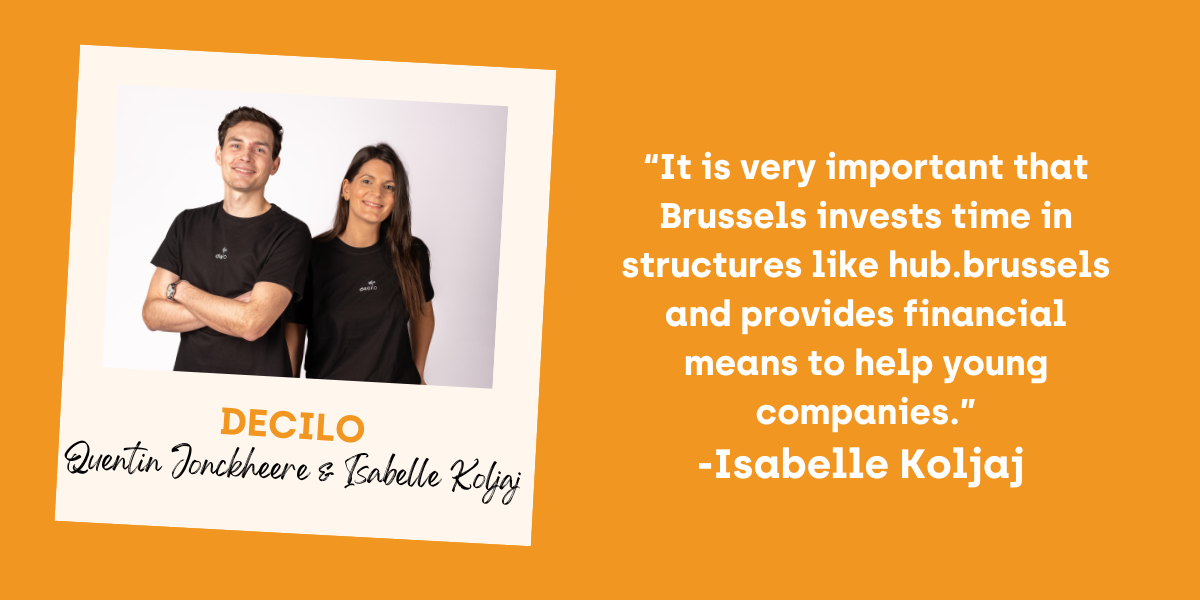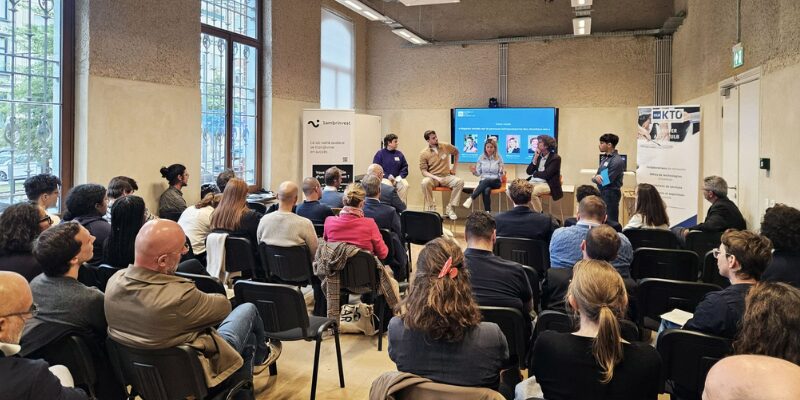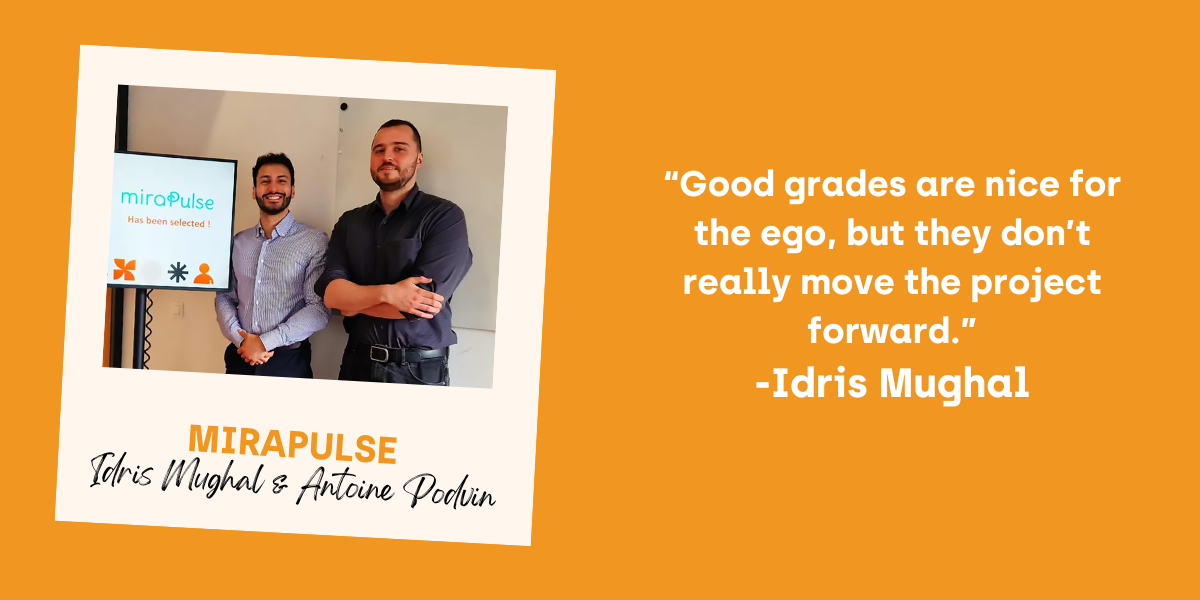The UCLouvain spin-off, founded by Michael Saint-Guillain and Jonas Gibaszek, has quickly become a leader in operations management optimization through AI. Initially focused on the pharmaceutical biotechnology sector, it has since expanded to hospitals, is exploring the agri-food industry, and aims for international growth.
From the outset, Michael Saint-Guillain clarifies: “ROMBIO’s combinatorial optimization should not be confused with AI like ChatGPT, which is well known to the general public today. We don’t ask AI to learn the rules by itself but rather to play the best possible game.”
From Research to Entrepreneurship
Michael Saint-Guillain holds a PhD in artificial intelligence obtained in 2019. His journey from researcher to entrepreneur is atypical: “During my academic career, I developed algorithms to solve operations planning problems in space exploration,” he explains. “I had the opportunity to collaborate with NASA and ESA, working on the Perseverance rover and on simulations of manned missions. I even participated in one.”
This invaluable experience led to the development of his university spin-off project, which enables research teams to commercialize products or services derived from their scientific work, with the support of the university’s valorization office. “ROMBIO will likely retain this status,” he states. “We share part of the intellectual property with UCLouvain, which granted us exclusive, unlimited use in exchange for a small stake in the company.”
Learning by Doing
ROMBIO’s goal is to apply its founder’s algorithms to optimize bioproduction operations management, particularly in pharmaceutical biotechnology. The challenge was significant: “At the end of my thesis, nothing was commercially viable,” he recalls. “I had the algorithms, but no application, no interface. Moreover, I had no business knowledge and didn’t know how to approach clients.”
Undeterred, he launched pilot projects and sought potential partners, armed with only a few presentation slides and blank sheets ready to be filled. “I acted as the interface. I modeled my prospects’ processes on paper with them, then translated my notes into a language AI could understand. Together, we co-developed the best possible interface, ensuring flexibility for various operational contexts.”
This phase lasted over three years until ROMBIO secured its first client: pharmaceutical company Takeda. Many others followed.
A Suitable and Adaptable Solution
Michael Saint-Guillain firmly believes ROMBIO fills a major gap in businesses: “Why are 95% of companies I meet, regardless of size, still using Excel for planning?” he asks. “It’s not necessarily about budget constraints. There simply aren’t adequate solutions on the market for industries with strict manufacturing constraints.”
ROMBIO provides a highly configurable solution that all clients receive in the same version, avoiding the need for specific developments. Its model is easily adaptable to other sectors, including hospitals—where it is already optimizing nurse schedules and operating room allocations—and the agri-food industry. With two clients in France and partnerships in Japan and the U.S. initiated at CES in Las Vegas, international expansion is well underway.
The Boost from Innoviris
ROMBIO’s foundations are strong, and its future looks bright. “For the first three and a half years, we were 100% publicly funded, thanks to Innoviris, which subsidizes many UCLouvain projects,” explains its founder. “We received nearly €660,000 through a ‘proof of concept’ grant and later the ‘first spin-off’ funding. But the funds ran out in 2023, just as we began commercializing our product.”
Nonetheless, ROMBIO nearly reached profitability by late 2024, achieving €400,000 in revenue. “Without any dilutive fundraising,” Michael Saint-Guillain proudly notes, “only a small loan to cover a cash-flow gap. Not having to give up more equity is a rare success among startups.”




